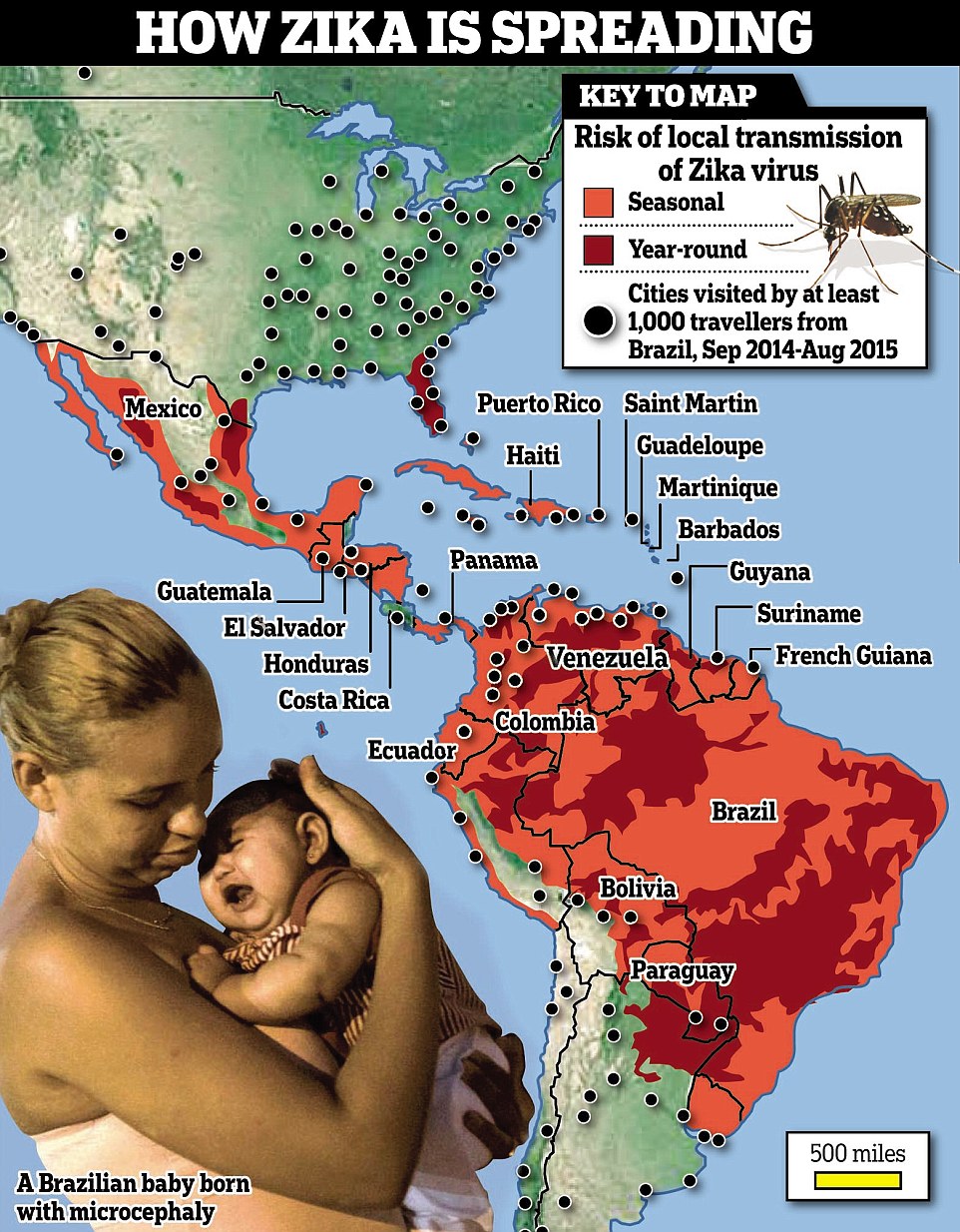

Fountain Valley Urgent Care Permanently Closed. We’re Here to Care for You at Our Other Locations.

The World Health Organization (WHO) announced the need for a united response against the Zika virus: the recent, local outbreak is now classified as a global health emergency. While the virus hasn’t been linked to fatalities, the disease is a major cause for concern – especially for pregnant women.
The following are facts to keep in mind about the Zika Virus, and how you should approach a potential infection.:
What is Zika Virus?
The Zika virus infection is caused by the bite of an infected Aedes aegypti mosquito. The symptoms usually include mild fever, rash, conjunctivitis (pink eye), and muscle pain. These symptoms can be mild and may often be overlooked, but the infection has yet to be studied in detail on American patients, since the virus has only just been introduced to the United States in travelers returning from other countries. Most patients have been infected by mosquito bites in areas of South and Central America where the virus is more common, but the virus has also been spread by sexual contact.

How is it treated?
Most treatments involve relieving any pain experienced by a patient and preventing dehydration. To prevent dehydration, it is recommended to control the fever, rest, and drink plenty of water. There is as of yet no vaccine or specific drug for this virus.
Who should be concerned? While the virus is estimated to cause no symptoms in 80% of persons infected, it has been linked to a marked increase in microcephaly, where babies are born with underdeveloped brains and smaller heads – problems that will persist for a lifetime for the affected infants and their families. Zika hasn’t been proven to cause microcephaly, but “a causal relationship between Zika infection during pregnancy and microcephaly is strongly suspected,” per the WHO Director-General. This means that pregnant women need to be extra careful. If you are pregnant and experience any of the symptoms mentioned above after a mosquito bite, then you should contact a medical professional immediately.
How can you avoid infection?
Since there is currently no treatment for the infection, the emphasis is on preventing exposure. Currently, numerous cases have only been reported in areas as close as Brazil and some parts of Mexico, but the virus has been found throughout Central and South America, Puerto Rico and the U.S. Virgin Islands, American Samoa, and Cape Verde in Africa. The CDC recommends that pregnant women consider postponing travel to affected regions until the outbreak is under control.Check the Centers For Disease Control’s website for the most up to date information on Zika Travel Information.
What countries should you be avoiding?
To be totally safe, before you book a trip, check out the complete listing of travel notices here — Areas with Zika, especially if you’re pregnant or are planning to get pregnant soon.
Share Your Valuable Thought